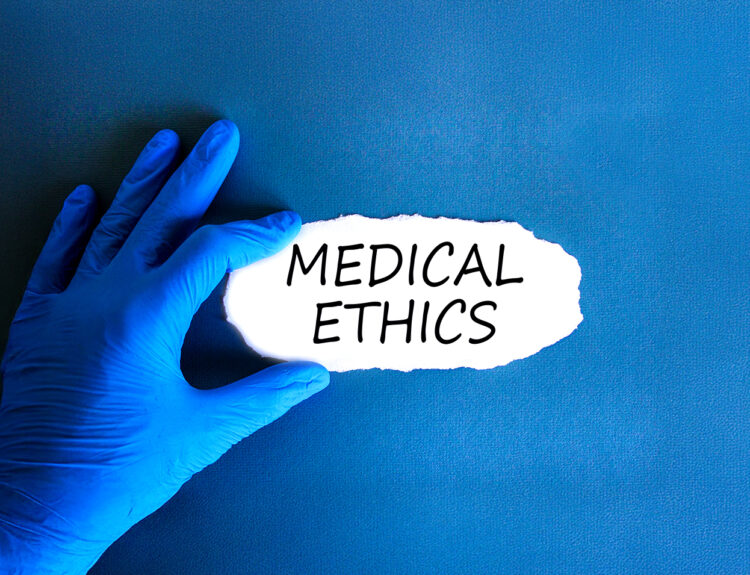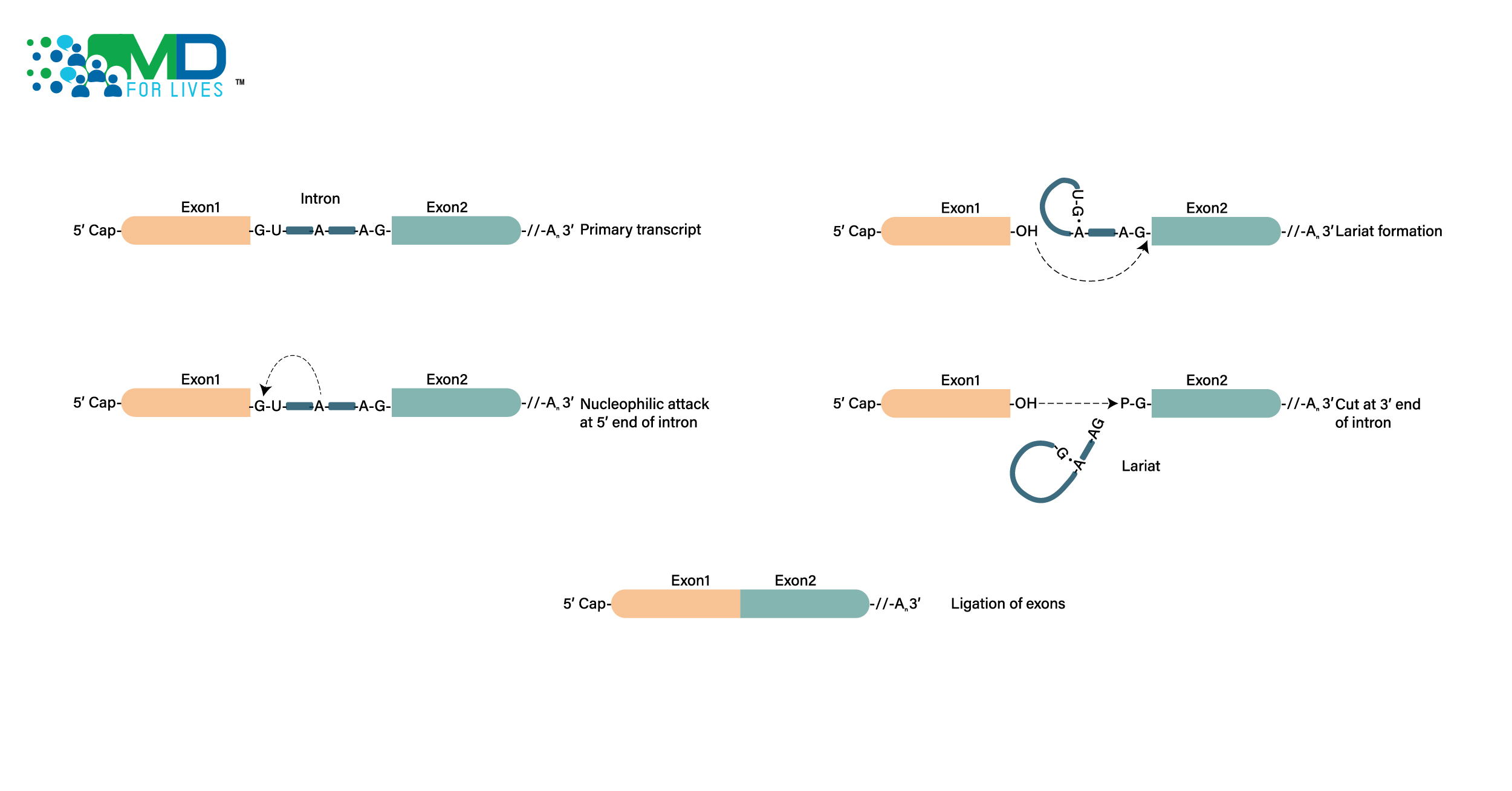For many physicians, retirement is seen as a well-deserved reprieve after years of dedication and tireless service. Yet, the love for medicine runs deep, and a yearning to contribute, heal and make a difference persists. It is this unwavering passion that stirs the desire to return to the medical field, to rediscover the fulfillment of patient care and to leave an indelible mark on countless lives once again.
The process of transitioning into retirement can pose difficulties, particularly when one has had a medical career that holds significant value in their identity. It is acknowledged by the American Medical Association (AMA) that becoming a retired doctor or nurse can be a challenging journey, and they recommend a gradual reduction of professional responsibilities as a means of easing the transition.
Returning to medicine after retirement entails a remarkable journey of self-discovery, professional growth and a recommitment to the calling that once defined. It is an opportunity to embrace new challenges, adapt to evolving practices and make a lasting impact in an ever-changing healthcare landscape. But what are the steps and considerations involved in making a successful comeback to medicine after retirement and what are the ways to stay in medicine?
Let’s unveil the steps to a successful medical comeback.
- Reflecting on the Decision:
The decision to return to medicine after retirement necessitates careful introspection, with time allocated to assess motivations, goals and personal circumstances. The passion for medicine, the desire to serve patients and the potential challenges that may be encountered should be reflected upon. This process of self-reflection will solidify the decision and establish the groundwork for a smooth transition back into medical practice.
- Research and stay updated:
The field of medicine experiences rapid evolution, even within a short period. So for physicians who are planning a comeback after a while, it is essential to stay informed about the latest advancements, guidelines and technologies in the respective field. Continuous medical education (CME) activities should be engaged in, conferences should be attended and scientific literature should be read to bridge any knowledge gaps that may have emerged during the hiatus. Consideration should be given to enrolling in refresher courses or pursuing additional certifications to ensure up-to-dateness and preparedness for re-entry into the medical landscape.
- Reviewing of Licensure and Certification:
To resume medical practice, the current and good standing status of licensure and certifications must be ensured. Contacting the relevant medical boards or licensing authorities is necessary to comprehend the requirements for reinstating the medical license.
Depending on the duration of retirement, specific conditions may need to be fulfilled, such as completing a designated number of CME credits or passing licensing exams. Diligence should be exercised in gathering all required documentation and fulfilling any regulatory obligations.
- Networking and Mentorship:
The reconstruction of the professional network is crucial for a successful return to medicine. Attendance at medical conferences, participation in professional associations and engagement in online communities facilitate connection with fellow healthcare professionals. Mentors who can provide guidance and support during the reentry process should be sought out.
The establishment of relationships with colleagues, both old and new, can lead to job opportunities, collaborations and valuable insights into the current healthcare landscape.
- Emotional and Mental Preparedness:
Returning to medicine after retirement can be emotionally and mentally challenging. Awareness and preparedness for potential difficulties, such as adapting to new technologies, adjusting to the changing healthcare landscape and reconciling personal expectations, are essential. Support from loved ones, engagement in self-care practices and consideration of professional counseling or coaching contribute to navigating this significant life transition with resilience and confidence.
Strategies for Sustaining a Medical Career Beyond Retirement:
1. Mentoring or teaching:
- Sharing wisdom and experience by becoming a mentor or instructor enables retired medical professionals to contribute to the education and development of future generations.
- Mentoring aspiring healthcare professionals can provide a sense of fulfillment and help them stay connected to the medical community.
2. Consulting and Advisory Roles:
- Offering consultancy services or serving as a medical advisor allows retired physicians to utilize their expertise in various healthcare organizations or industries.
- Providing guidance and insights based on years of experience can be highly valuable and rewarding.
3. Being part of an active network of experts:
- Being part of an active network of experts is crucial for sustaining a medical career beyond retirement.
- It allows for collaboration, sharing of knowledge and experiences and staying connected to the medical community. That’s where MDforLives come ino the picture.
- MDforLives is a global online community that brings together medical practitioners from various specialties and backgrounds.
- It provides a platform for working & retired medical professionals to engage in discussions, share insights by taking paid surveys, be a speaker in monthly webinars and access the latest medical blogs, case studies, etc.
- These collaborative opportunities can not only foster personal fulfillment but also allow retired medical professionals to make meaningful contributions to healthcare and society.
4. Research and Publication:
- Engaging in medical research and publishing scholarly articles or books enables retired doctors to contribute to the advancement of medical knowledge.
- Collaborating with academic institutions or research organizations can provide opportunities for continued intellectual stimulation and recognition.
5. Volunteering:
- Getting involved in medical volunteering, both domestically and internationally, allows retired medical professionals to use their skills to provide care to underserved communities.
- Volunteering can provide a sense of purpose, fulfillment and the opportunity to make a positive impact on the lives of others.
6. Telemedicine and Telehealth:
- Embracing technology and participating in telemedicine practices allows retired physicians to provide medical consultations and care remotely.
- Telehealth platforms provide a convenient and flexible way to continue practicing medicine, while also reaching patients who may have limited access to healthcare.
7. Medical Writing and Healthcare Advocacy:
- Utilizing writing skills to contribute to medical journals, blogs or publications allows retired doctors to share their knowledge and insights with a broader audience.
- Engaging in healthcare advocacy, whether through writing opinion pieces, participating in public speaking engagements or joining advocacy organizations, can help shape healthcare policies and promote positive change.

8. Locum Tenens and Part-Time Work:
- Exploring locum tenens opportunities or part-time work in medical settings allows retired physicians to continue providing patient care while maintaining a more flexible schedule.
- This option provides the chance to stay engaged in medicine without the demands and responsibilities of a full-time practice.
9. Continuing to expand one’s knowledge:
- The opportunity to change one’s career arises during retirement.
- Whether the intention is to remain in the medical field or venture into a different domain, retirees now have the time to pursue specialized medical training or return to school for a new path.
- In the consulting world, many retired doctors acquire their MBA to broaden their opportunities.
- Academic work is another avenue that some delve into by furthering their knowledge in research, writing and editing.
- Advanced training in their preferred areas of expertise is also pursued by some during their leisure time.
- Even enrolling in a few occasional classes can uncover new possibilities for a rewarding retirement career.
10. Participate in a global humanitarian endeavor:
- After retiring from a career in medicine, joining an international humanitarian mission can provide a meaningful and fulfilling experience.
- This opportunity allows retired physicians to utilize their expertise and skills to make a positive impact on underserved communities around the world.
- By volunteering their time and medical knowledge, they can help improve access to healthcare, provide much-needed medical care and contribute to the overall well-being of those in need.
- Engaging in an international humanitarian mission offers a chance to broaden perspectives, immerse oneself in different cultures and create lasting connections with fellow healthcare professionals and local communities.
- It is a unique way for retired physicians to continue their commitment to serving others and leaving a lasting legacy of compassion and care.
Keypoints:
Retirement marks a new chapter in one’s life where opportunities for personal growth, contribution and fulfillment abound. Whether it’s continuing to serve in the medical field, exploring new career paths, engaging in lifelong learning or participating in humanitarian missions, retired physicians have the chance to make a lasting impact and leave a meaningful legacy. By embracing these possibilities, they can continue to follow their passions, utilize their expertise and create positive change in the world. Retirement is not an end, but rather a beginning of a new journey filled with endless possibilities for personal and professional fulfillment.

MDForLives is a global healthcare intelligence platform where real-world perspectives are transformed into validated insights. We bring together diverse healthcare experiences to discover, share, and shape the future of healthcare through data-backed understanding.






